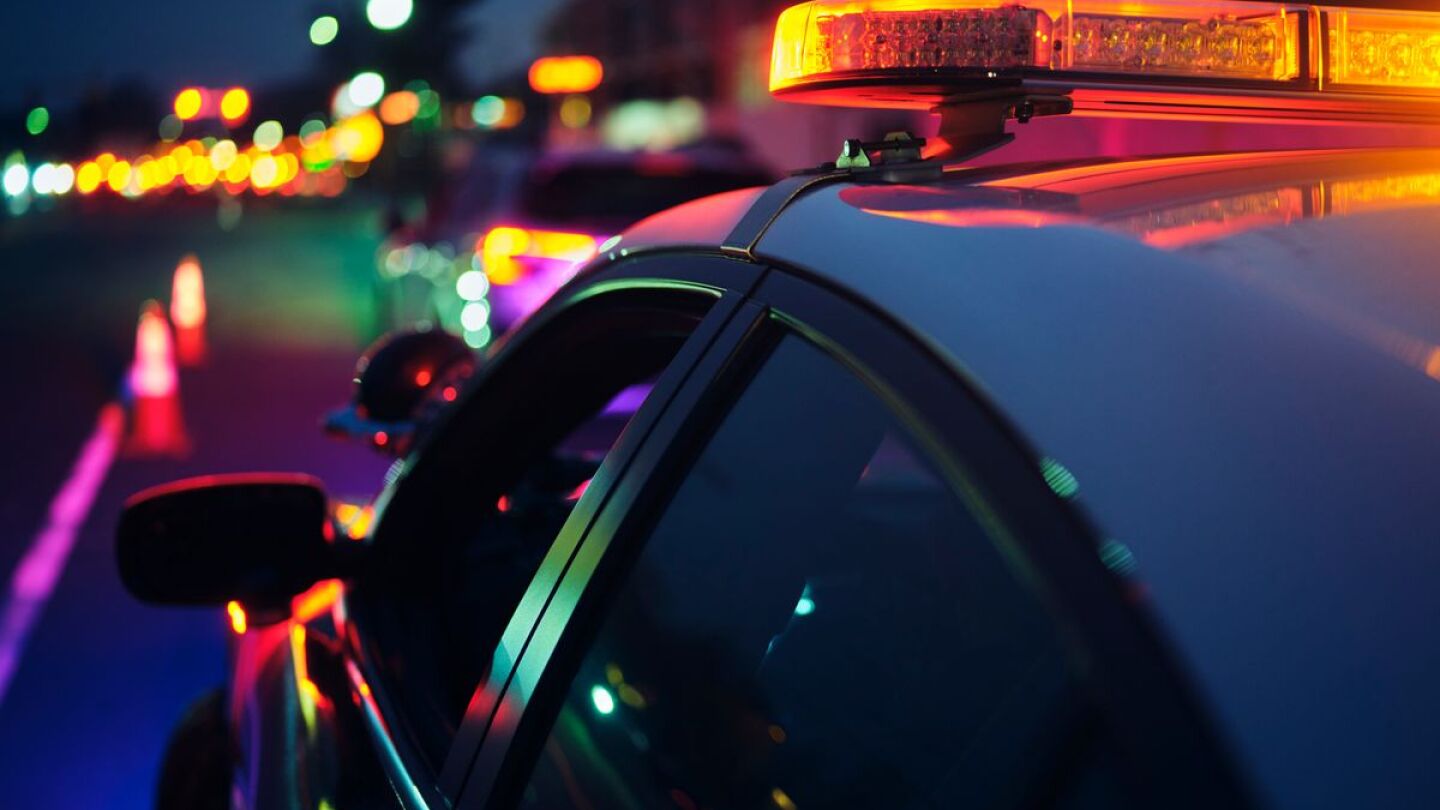Qualified Immunity
The Supreme Court isn’t as anxious to reinforce the doctrine of qualified immunity as some critics claim
The court decides whether to grant law enforcement officers qualified immunity for failure to render medical care following an overdose
A recent case takes a look at an alleged false arrest for the failure to produce identification during an investigation
In this webinar, learn about the legal process following a criticl incident—insight essential for both individual officers and the leaders guiding their personnel through such proceedings.
In 2021 the Supreme Court affirmed long-standing truisms that protect the home and that qualified immunity review is not a shield against unconstitutional conduct
The court denies law enforcement officers qualified immunity for the arrest of a local journalist in a recent case
Justices reversed rulings in two separate cases related to use-of-force lawsuits
If there is any clearly established Supreme Court precedent, it is that the Court believes lower courts continue to misconstrue Supreme Court direction on qualified immunity
A recent case follows the events of a traffic stop in which police were demanding identification from a subject who refused
The troopers were sued for allegedly failing to protect a woman before her ex-boyfriend went on a shooting rampage in 2015
Hint: It starts with key legal terms and solid legal representation
Court also rejects lower court use of freeze-frame “screen shots,” ruling that it amounts to “20/20 hindsight and second-guessing” of officer split-second decision to shoot
A look at some of the reforms police agencies and cities have implemented
More than 20 states have considered bills this year to share disciplinary records of police officers, while about 20 states still largely prohibit their release
Qualified immunity is not dependent on the officer using the best tactic and when applied, does not mean the officer is immune from criticism
Local governments and law enforcement leaders lobbied aggressively against the legislation
If H.R. 1280 becomes law, the defense of qualified immunity for law enforcement officers will be abolished
Many departments strongly discourage shooting at moving vehicles to disable the car
While the 2019 U.S. Supreme Court term was a quiet year for police-related cases, Justice Clarence Thomas continued to express concern with qualified immunity
2020: Unprecedented Challenges & Heroic Acts
In a year that brought relentless challenges, these are the five events the P1 team and our readership viewed as having the most significant impact
Officers are frequently cautioned to slow down in approaching dangerous situations. Pause, take a moment to think when there is discretionary time
The long-stalled bill will create a certification system for officers but backs off on changes to qualified immunity
Where discretionary time and tactical circumstances permit, giving a warning before using force is essential
Justice Barrett is protective of privacy rights and has authored two 7th Circuit opinions wherein she held for the defendant in search and seizure cases
While it is technically ‘possible’ that an individual officer could face personal liability, the odds are pretty slim
Court decisions have held it is reasonable for officers to use deadly force to end a pursuit if a suspect engages in dangerous prior conduct or there is objective evidence of the driver’s intent to harm officers
The court bypassed the issue of whether the stop was a legitimate welfare check
Greenwood Village stated the town would in all cases defend any police officer in any suit or proceeding brought under Senate Bill 217
It is our job, our oath, our promise to police a diverse society with equity
The legislation creates a $25,000 personal liability ceiling for officers found liable for state constitutional violations
One of the law’s biggest changes is how it alters qualified immunity for police
The law also bans chokeholds and limits other uses of force
Abolishing this defense will leave officers defenseless against a dramatic increase in excessive force lawsuits
MOST POPULAR
- Fifth Circuit reverses lower court grant of qualified immunity to Texas police officer
- ‘Clearly established’ requirement isn’t just a technicality
- Policy violation does not equal constitutional violation
- Fourth Circuit is first to rule that livestreaming police is protected speech, but questions remain about officer safety
- Federal court rejects officers’ qualified immunity claim in Kan. wrongful conviction case


































